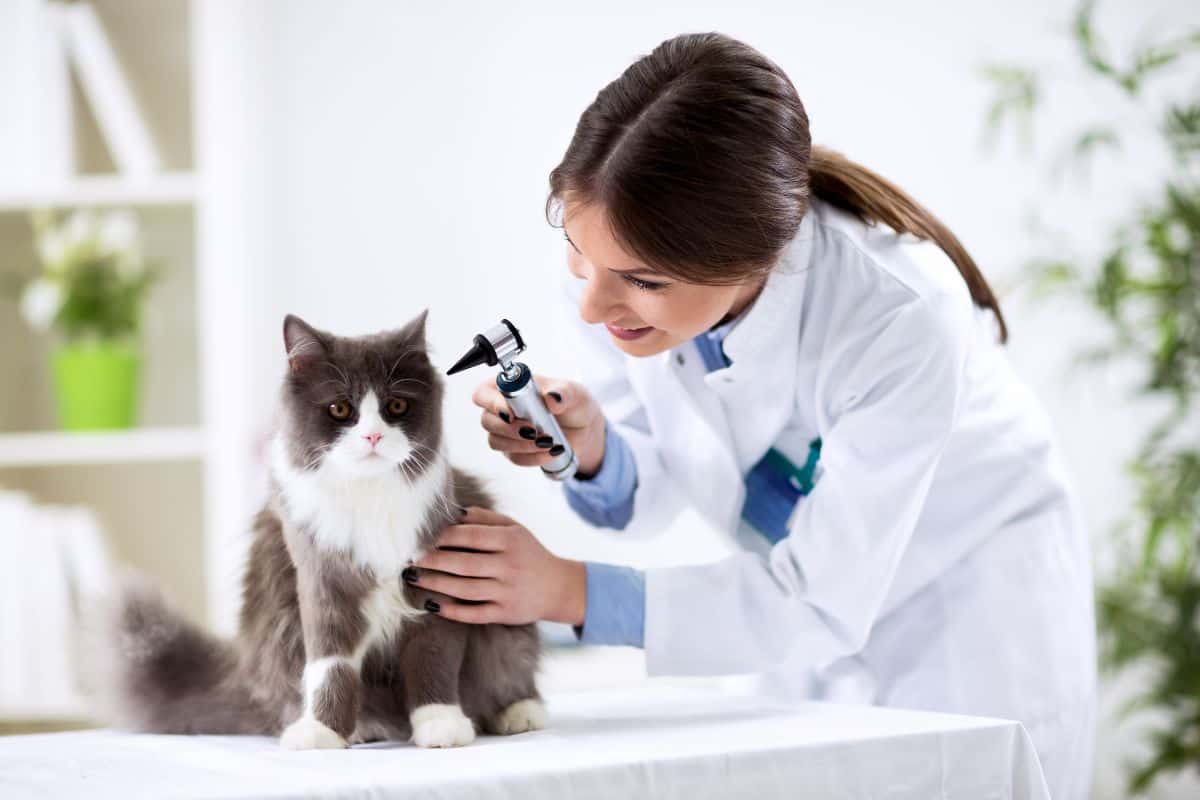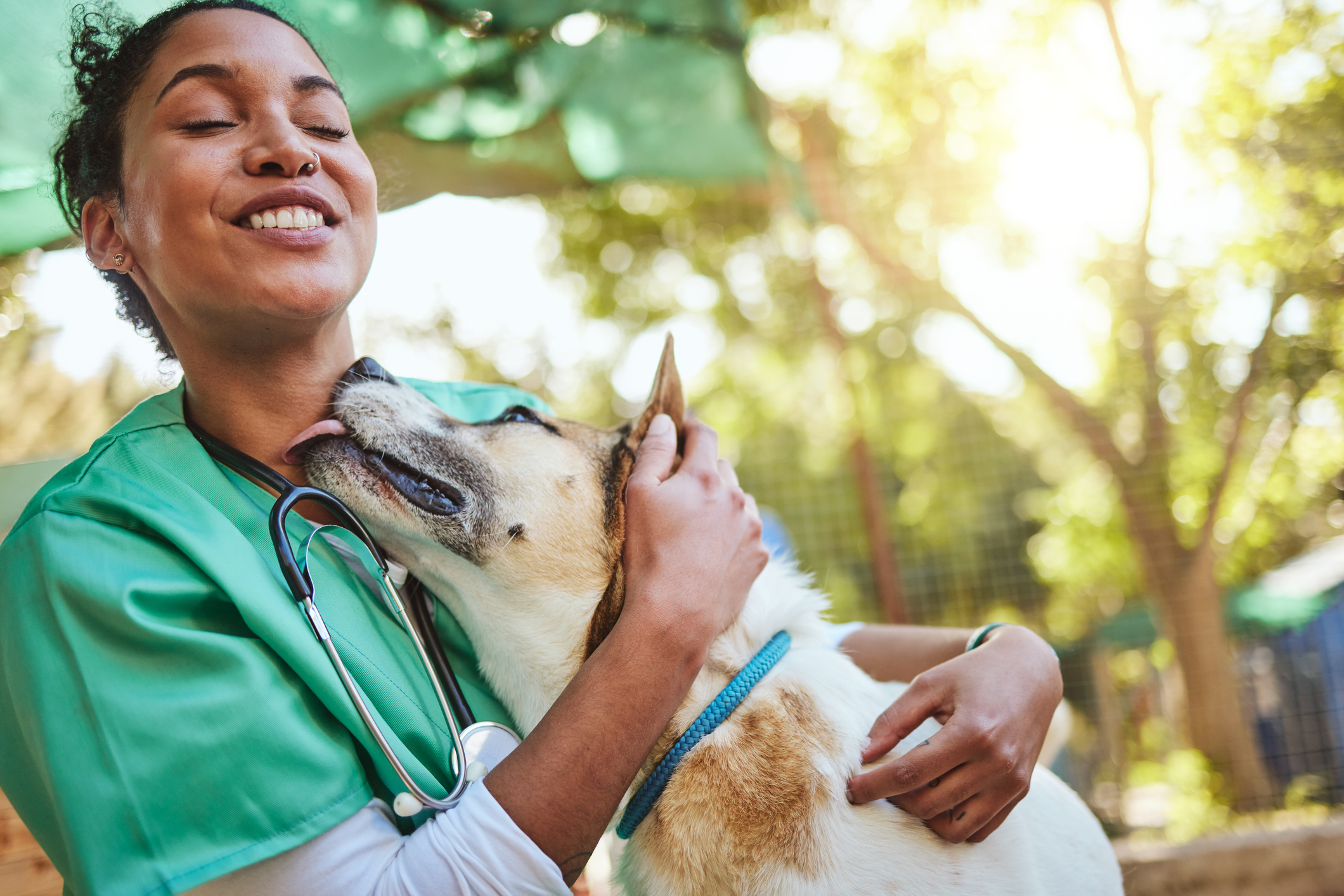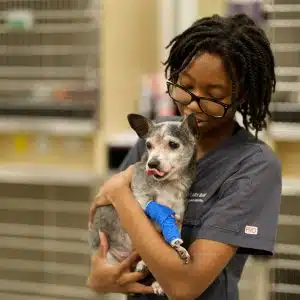The Value of Very Early Discovery: Insights From a Veterinary Oncologist
Early detection of cancer in pets is an essential topic for animal proprietors and vet professionals alike. Vet oncologists highlight the value of identifying refined signs that may show significant health issues. Typical symptoms commonly go unnoticed till they intensify. Understanding these very early indication and improvements in analysis techniques can make a significant difference. What actions can animal proprietors require to boost their pets' opportunities of early diagnosis and far better therapy outcomes?
Recognizing Cancer Cells in Animals: Common Kinds and Symptoms
While many animal owners might not realize it, cancer is a considerable health worry influencing animals, similar to it carries out in human beings. Common sorts of cancer cells in animals consist of lymphoma, mast cell tumors, osteosarcoma, and mammary lumps. These hatreds can materialize in different means, depending upon their place and kind. Signs and symptoms commonly include unexplained weight reduction, consistent vomiting, adjustments in appetite, or unusual swellings and bumps. Pets might likewise exhibit lethargy, problem breathing, or unwillingness to exercise, which can show underlying health and wellness concerns. Early indicators can be subtle, making it vital for animal proprietors to be watchful of their family pets' habits and physical condition. Comprehending these usual types and linked signs and symptoms can equip proprietors to seek vet treatment immediately, possibly leading to earlier medical diagnosis and therapy choices. Identifying the indicators of cancer in pets is a crucial action in the direction of enhancing their health and high quality of life.
The Duty of Vet Oncologists in Early Discovery
Vet oncologists play a crucial role in the early discovery of cancer in animals, as their specialized training outfits them with the abilities required to identify refined indications that may be overlooked by family doctors. They use a mix of clinical experience and advanced diagnostic devices to analyze individuals extensively - Veterinary Cancer Specialist. By identifying very early signs and symptoms and danger elements, oncologists can lead family pet proprietors towards timely interventions, increasing the possibilities of effective treatment
Veterinary oncologists commonly team up with general practitioners to develop screening methods tailored to details breeds or age teams, boosting the efficiency of early discovery efforts. They educate pet dog proprietors on the significance of routine exams and recognition of modifications in actions or physical problem. Via these positive steps, veterinary oncologists greatly add to enhancing outcomes for pets identified with cancer, emphasizing the vital nature of their duty in vet healthcare.
Advancements in Diagnostic Techniques for Pet Cancer
Improvements in diagnostic strategies have actually substantially enhanced the ability to discover cancer in pets at earlier stages. Methods such as advanced imaging, consisting of MRI and CT scans, supply thorough interior views, permitting vets to determine lumps that may not be apparent. Additionally, the development of minimally invasive procedures, such as great needle aspirates and biopsies, allows accurate sampling of cells for histopathological assessment with minimized stress and anxiety for the pet.
Emerging molecular diagnostics, consisting of hereditary testing and biomarker recognition, are changing the landscape of veterinary oncology. These methods can determine details cancer kinds and anticipate feedbacks to therapy, assisting in customized treatment plans. Improvements in research laboratory strategies, such as fluid biopsies, are beginning to use non-invasive choices for keeping track of growth progression and therapy efficiency. Collectively, these developments represent a considerable leap forward in veterinary medication, stressing the important role of early discovery in improving results for pet dogs detected with cancer cells.
Exactly How Pet Dog Owners Can Acknowledge Indication
Exactly how can animal proprietors end see post up being attentive in acknowledging potential caution signs of cancer cells? Awareness of physical and behavior modifications in animals is necessary. Usual indications include unusual sleepiness, loss of appetite, or abrupt weight adjustments. Family pet proprietors should also take note of consistent throwing up or diarrhea, which may signal underlying issues.
Changes in the skin, such as lumps, bumps, or sores that do not heal, require prompt vet interest. In addition, proprietors should note modifications in drinking behaviors, raised urination, or difficulty in breathing. Unusual limping or pain might likewise be indicators of more severe conditions.
Routine vet check-ups can aid identify these indication early. By maintaining a close observation of their animals' wellness and behavior, proprietors can play an essential role in very early detection, possibly leading to better results should cancer cells be detected. Recognizing these indicators might significantly affect a family pet's lifestyle.
The Effect of Very Early Detection on Therapy Results
Early discovery of cancer cells in pets plays a crucial role in determining treatment results, as it frequently enables a broader variety of restorative choices. When cancer cells is identified in its very early stages, veterinarians can apply much less intrusive therapies, raising the probability of effective treatment. Early-stage cancers cells may additionally react better to chemotherapy or radiation, causing enhanced survival prices and overall lifestyle for the pet.
Furthermore, timely diagnosis facilitates a more tailored therapy plan, straightening with the certain needs of the pet. This can consist of customized medicine programs or medical interventions that are much less aggressive. Conversely, late-stage discovery usually results in minimal choices, more aggressive treatments, and poorer diagnoses. The value of early discovery can not be overemphasized; it essentially modifies the trajectory of therapy, making it crucial for pet owners to stay watchful for any type of signs of health problem in their beloved buddies.
Frequently Asked Inquiries

How Can Diet Plan Influence Cancer Threat in Family Pets?
Diet plan substantially affects cancer threat in animals, as specific nutrients and food types can either promote or inhibit tumor growth. A well balanced, nutrient-rich diet might assist lower the probability of developing cancer in animals.
Are Specific Types Much More Prone to Cancer cells?
Specific dog types, such as Golden Retrievers and Fighters, exhibit higher cancer cells sensitivity as a result of hereditary tendencies. In a similar way, some feline breeds also reveal enhanced cancer dangers, highlighting the significance of breed-specific health and wellness awareness among pet dog owners.
What Are the Prices Connected With Early Cancer Detection?
The prices related to very early cancer cells detection can differ greatly, incorporating diagnostic examinations, consultations, and potential therapies - Veterinary Oncologist. Buying these solutions typically brings about far better health results, ultimately reducing more substantial future clinical expenses
Can Vaccinations Prevent Cancer Cells in Animals?


Injections might lower the threat of particular cancers cells in animals, especially those connected to viral infections. Their performance differs, and animal owners ought to consult vets for customized suggestions concerning vaccination and cancer avoidance methods.
How Frequently Should Pet Dogs Be Screened for Cancer?
Animals ought to usually be screened for cancer each year, particularly as they mature or if they display danger variables. Normal vet click to find out more examinations can aid determine possible issues early, enhancing therapy end results and total wellness monitoring.
Early detection of cancer in pets is an essential topic for pet dog proprietors and veterinary professionals alike. Early indicators can be refined, making it essential for animal proprietors to be watchful of their animals' actions and physical problem. Vet oncologists play an essential duty in the check my blog very early detection of cancer cells in animals, as their specialized training furnishes them with the abilities necessary to identify subtle indications that may be forgotten by basic practitioners. By preserving a close monitoring of their animals' health and habits, owners can play a key role in very early discovery, possibly leading to far better end results need to cancer cells be detected. Early detection of cancer cells in family pets plays a vital role in identifying treatment results, as it commonly allows for a larger array of therapeutic alternatives.